How easy is it to get involved in the muddy world of trialling? Almost as easy as slipping on a pair of wellington boots. As a member of the VSCC I’ve long been aware of the great events that it puts on, and after attending the Cotswolds Trial in November last year and experiencing the atmosphere, I thought I’d dig out my best set of waterproofs, pull on those wellington boots and have a go at a trial myself.
The club couldn’t have been more helpful. One thing that became clear is that you don’t necessarily need a vintage vehicle yourself to participate (VSCC events are for pre-war vehicles, though other clubs host trials for all manner of other models) or even be a member of the club. After a chat with Tania Brown, the Club Secretary, she kindly arranged for me to participate as a ‘bouncer’ for her partner, Adam.

Now, for the benefit of the uninitiated, the bouncer is the passenger (or passengers) who quite literally has to bounce up and down and move their weight about the vehicle as best as possible to help it find traction on the off-road courses that trials driving involves. All I’ll say is that if you don’t have a decent seat in the car or a well-padded bottom of your own, bring a cushion or you won’t be able to sit down for a while…
To be able to take part all I needed to do was apply for an RS Clubman Licence – which, quite handily, is free, and allows you to compete in all manner of Motorsport UK events, from trialling to autotesting, navigational rallies and karting.
The weekend had arrived and I found myself at How Caple in Hereford. It was a glorious March spring morning, so at least the weather was on point – but with little previous experience, my ‘bouncing’ technique was yet to be discovered.
Lay of the land
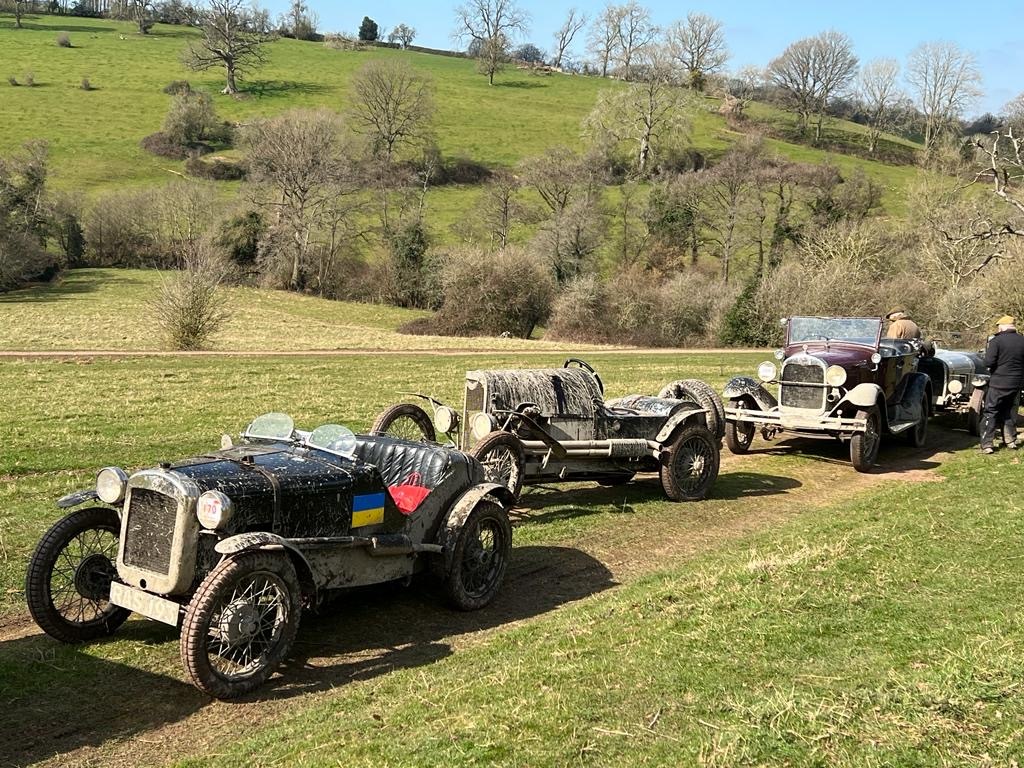
While waiting for ‘my’ 1930s Austin 7 [which, incidentally, celebrates its centenary this year – Ed] to arrive, it was a good chance to absorb the atmosphere at the event – the enjoyment on people’s faces, and a chance to catch up with competitors and spectators in an area far more picturesque than the usual windy airfield of many other grassroots motorsport events. Even Top Gear was there, cameras rolling for a future feature to be screened across the nation’s living rooms, and it felt great to be out in a beautiful part of the world, surrounded by interesting cars and their even more interesting owners.
By now driver Adam and his vehicle had arrived, and I was beginning to feel better-equipped with knowledge after speaking with a few experienced VSCC members in the paddock. They were happy to explain a few things to this novice, providing tips and explaining the responsibilities you face as a bouncer on a trial.
A bouncer’s duties
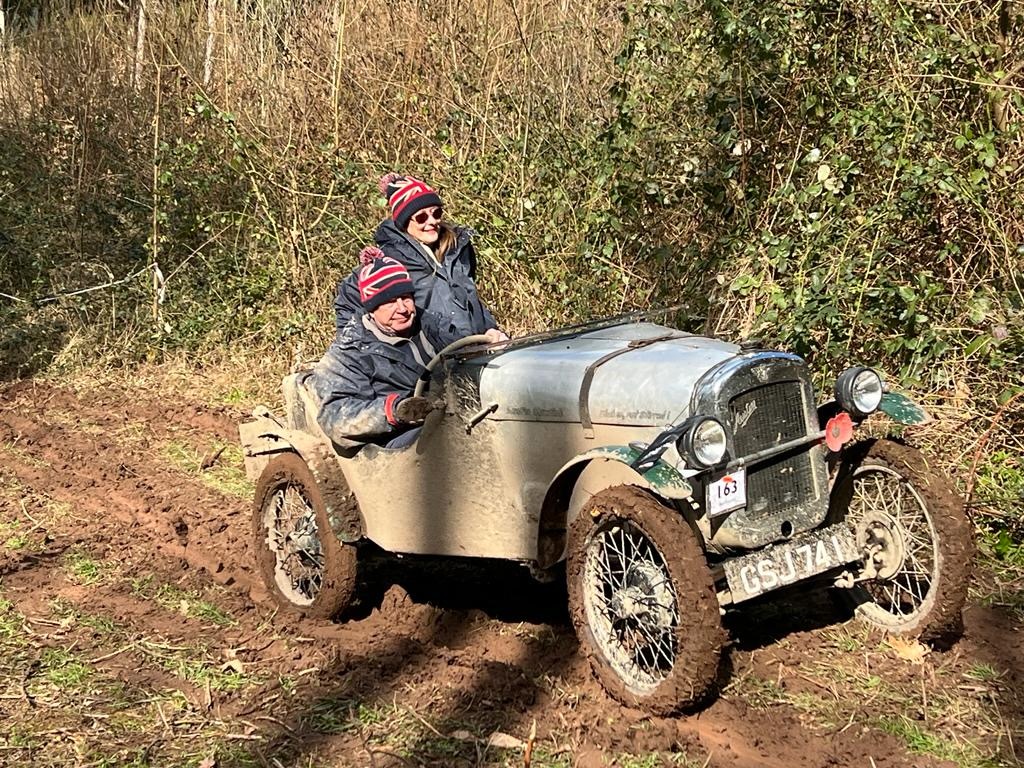
Responsibilities, you ask? Surely you just leap up and down in the passenger seat a bit? Nope, there’s a little more to it, such as deflating the tyres before a run – you need to reduce these to around 10 to 12psi, aiding traction up the muddy hills, and weaving around the flags.
Then once you’re around the tricky obstacles it’s the bouncer’s responsibility to re-inflate the rear tyres, ready for the open road which will link us to another section of the trial.
Oh, and in the highly likely scenario we get stuck, I’m told I’ll have to hop out of the car and push. Bouncers have to signal when necessary too, and navigate to each section of the trail. A top tip is to walk up the hill beforehand to see what lies ahead (if it’s allowed, which isn’t always the case). In theory this should help map the course to memory and minimise some stressful on-the-fly decision-making.
Scrutineering
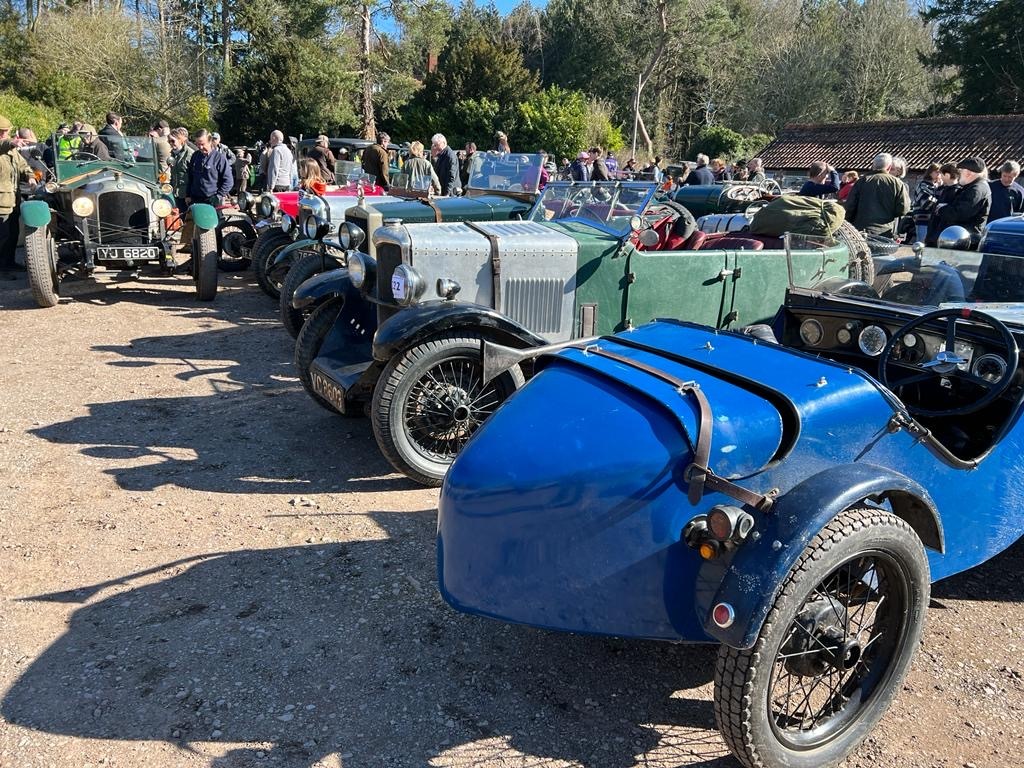
You’re probably familiar with scrutineering from other forms of motorsport, and here it’s something of a general safety check. A fire extinguisher must be firmly mounted within the car, but easily accessible. Fuel leaks are a no-no, your wheels and tyres will be inspected (all tyre treads must be road legal, incidentally), there must be a throttle return spring attached to the to the throttle spindle of each carburettor, and your steering wheel should be marked with tape at the top of the straight ahead position.
If you’re not carrying a pre-attached tow rope or towing eye, you must indicate your preferred point of attachment by marking it in red or yellow, too. The security of batteries will be checked, and a Motorsport UK-compliant Spill Kit is required (homemade kits are not acceptable).
Tyre pressures should be no less than 7psi either, and it’s worth noting that random checks may be made. You could be asked if your tyre pressures are correctly adjusted before each section of the hill – not just in scrutineering. If you are found to be below the minimum requirement 7psi a penalty of 25 marks will be applied.
First run
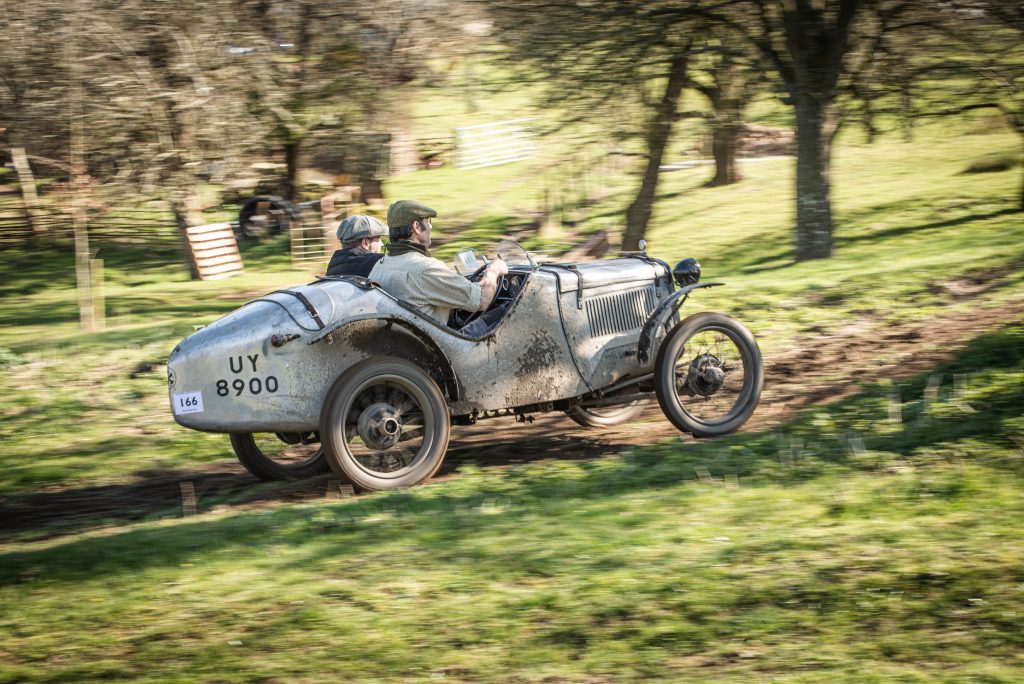
With no door handle to the skeletal machine, I lowered myself into the chief bouncer spot in the Austin Seven. With a view ahead full of all these vintage cars, it felt like being in a time-warp.
After a little more time to admire Herefordshire’s scenery – it’d be rude not to – we arrived at our first of 10 sections for the weekend of our trials challenge. You can actually choose whichever section you wish to start at, and we’d selected Hyde Halt. This course had the optional Stop Restart, meaning part-way up the hill there would be a box where our front wheels must stop, without rolling out upon restart. Fail it and you incur a 10 point penalty and no time recorded.
We decided to err on the side of caution and not attempt the stop-start challenge. This means a maximum possible score of 25, and missing out on 10 bonus points, but avoids the risk of those penalty points.
In hindsight, it might have been worth attempting, as a few of our competitors managed it without issue. It’s a learning experience though and we moved on to our next chosen hill section, Foxhalls. We weren’t able to walk this course in advance, so just went for it and hoped for the best. Not a bad strategy as it turns out, as when I handed our score card over to the marshal we were awarded the full 25 points. I took this to mean the drinks were on Adam, back at the hotel, but he put me straight – apparently the bouncer buys the beers…
Day two
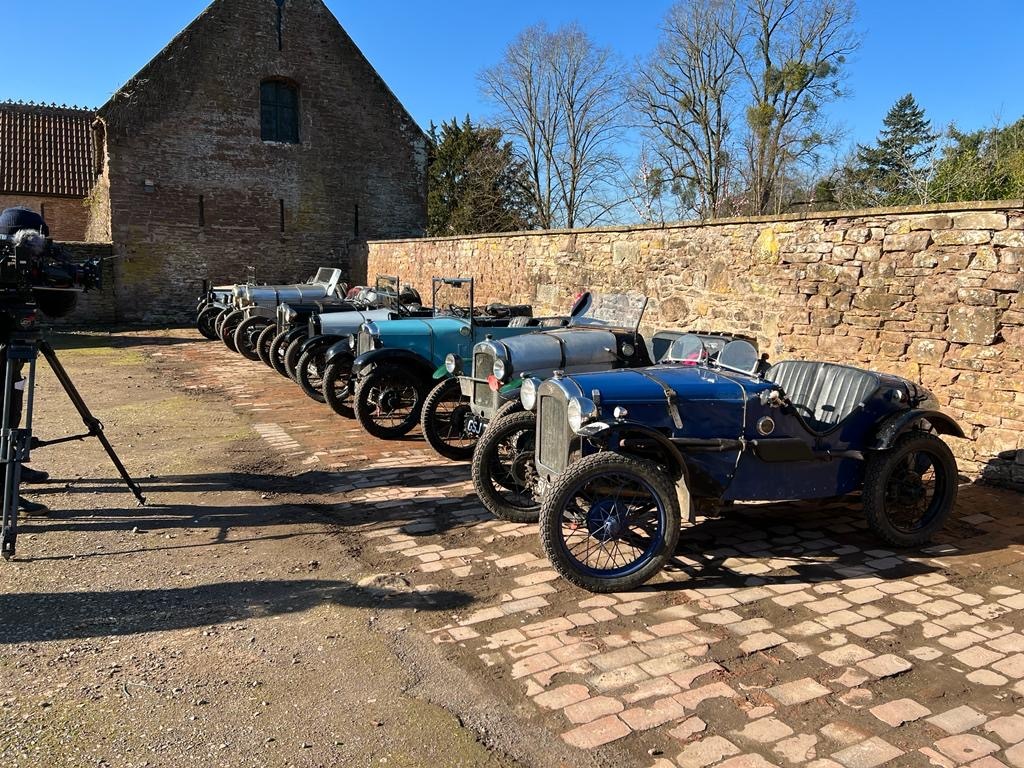
Sunday meant a leisurely 8:30am start where another fresh spring morning greeted us for our next section, Pinford Rocks. A leisurely start to the day’s sections too, as it turns out, with a relatively easy hill trail to warm up on, a few chicanes to weave our way around, and a top score of 25 points.
However our winning streak was no longer with us. We got to next section okay but unfortunately we could not find the traction to get over the hill, finally giving up forward momentum at flag 21, which gave us a point score of 20 (your score is awarded according to the last flag you pass, minus one).
Our last hill, our fifth for the day, was more difficult still, reaching flag 19 for a score of 18 points. A water feature – well, a large puddle – at the bottom of the hill certainly did not help! Caked in mud and all manner of other things, Adam and I ended up with a total score for the weekend of 284 points. If we’d gained just one more point, we’d have got a 3rd in class award. Not bad for my first attempt!
Lessons learned
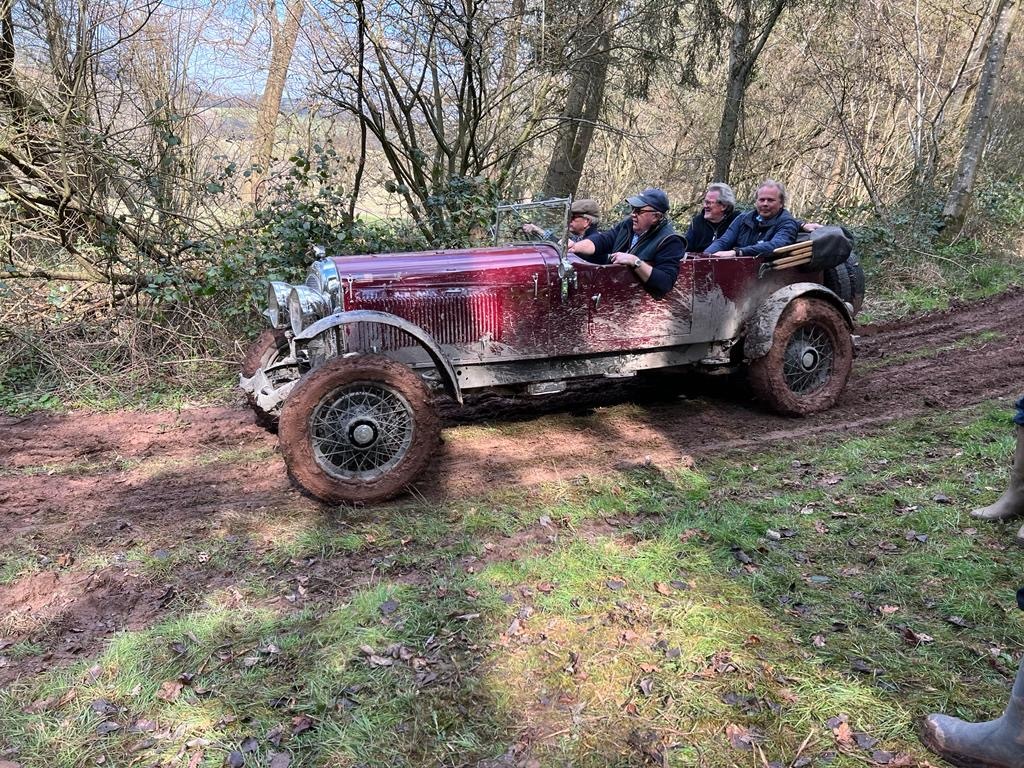
As someone who has never taken part in a trial this was all new to me, but I did pick up some useful lessons.
Firstly, you don’t actually need to have a vehicle specifically designed for trialling to do it, but whatever you do end up driving (and it goes without saying that smaller, lighter cars with good traction tend to work better), adjustments to tyre pressure in particular are vital for clearing each course.
You shouldn’t need a great deal of kit for trials, but due to the constant tyre adjustments some form of pump is useful. I suggest an electronic pump rather than a foot pump as it’s much less work on your legs (you’ll need those for bouncing…).
A plastic wallet for your score card is also handy, as things can get pretty damp and muddy. It’ll also keep your map clean as you navigate from section to section. And on the subject of mud, you will get covered in the stuff, so it’s best to wear clothes that you either don’t care about or can be easily cleaned. And if you are in an open top vehicle like I was, wear a warm hat – but make sure that it has been ‘speed tested’ as you don’t want it flying off into the road.
What does it cost?
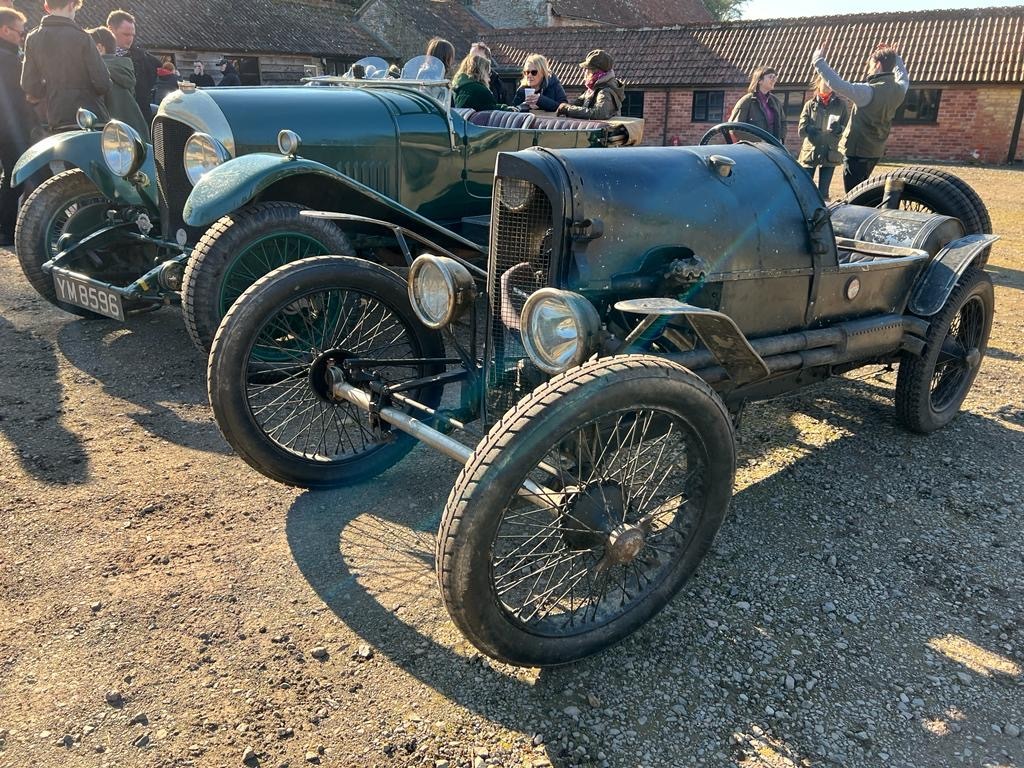
VSCC trial events have different entry fees, so for specifics we’d suggest contacting the club directly for further information.
The Herefordshire Trial covered here cost £95 to enter. If you’ve experienced any other form of motorsport before, or even taken part in a few trackdays, that represents pretty fantastic value considering it’s a two-day event with decent seat time – though if you’re coming from further afield you’ll need to factor in accommodation, and if you get hooked, you’d better start budgeting for a car, too…
The VSCC holds seven trials a year, beginning with the Welsh Trial, the Lakeland Trial, and the Cotswold Trial. It’s a winter season, a little like you’ll find in football, so this Herefordshire Trial is actually towards the end of the season that started last year. The final events include the Exmoor Trial, John Harris Trial, Herefordshire Trial, and Scottish Trial – the last of these taking place on April 2, before the Welsh Trial kicks off next season in October.
View of a trials convert
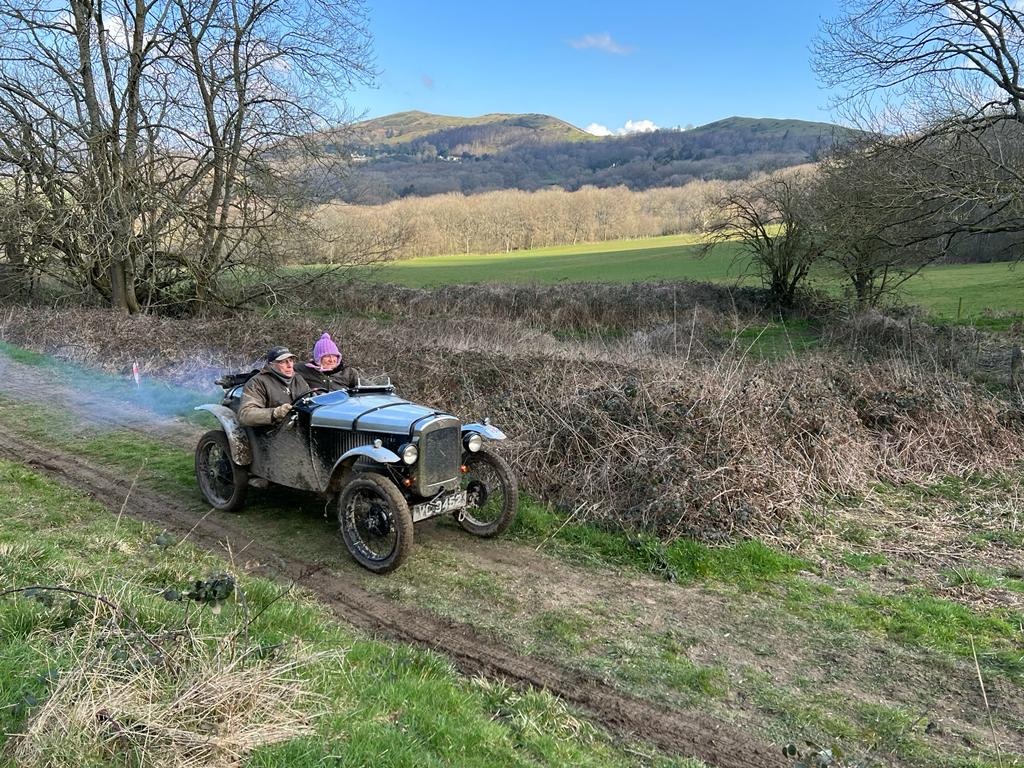
You don’t need to take my word for all of this though – anybody who has got into trials will have a tale to tell. VSCC member Rhiannon Carvell-Crook’s story is indicative of just how quickly people get hooked…
“In October 2010 I was driving down the main road in Wales with my young daughters when six muddy old cars hurtled past me in the opposite direction,” she says.
“I noticed in my mirror they turned off the road so I decided to see where they were going. I found myself standing dumbfounded at the bottom of the infamous Smatcher hill on the VSCC Welsh trial wondering what on earth these jolly, smiley people were doing in their beautiful old cars, covered in mud and attempting to launch themselves up a near-vertical hill that I could barely walk up!”
That planted the seed for Carvell-Crook to give it a go herself, and one year later with VSCC membership, she took part in an old Edwardian Dodge as a ‘bouncer’. “I returned home plastered in mud, wet through and covered in bruises but I had laughed and smiled so much, my face hurt for days! I was completely and utterly hooked.”
Unsurprisingly, the beautiful scenery is part of the appeal, particularly when some trials take part in areas not always accessible to the public, thanks to the generosity of friendly landowners. “Its hard to name my favourite trial,” Carvell-Crook notes, “as they are all so diverse – but I suppose my heart lies with the Welsh as it was where my involvement in vintage cars began.”
Today she campaigns with her family in a Ford Model A Tudor Saloon. “My daughters sit giggling in the back whilst bouncing, myself in the front on the maps navigating. and my husband driving!”
“I love how everyone in the car plays their own important role, and without teamwork you wont get very far. I even braved driving the Hereford trial last year which was an amazing, if slightly nerve-wracking experience! All this has only been made possible through the generosity of some wonderful club members who initially loaned us the car we now own, and accompanied us on our first trials – passing on their knowledge gained through years of competing.”
Read more
A beginner’s guide to road rallying
The 2022 Rallye Monte-Carlo Historique was a mosaic of speed, sound, and colour
To bond with your classic and have the drive of your life, take it racing


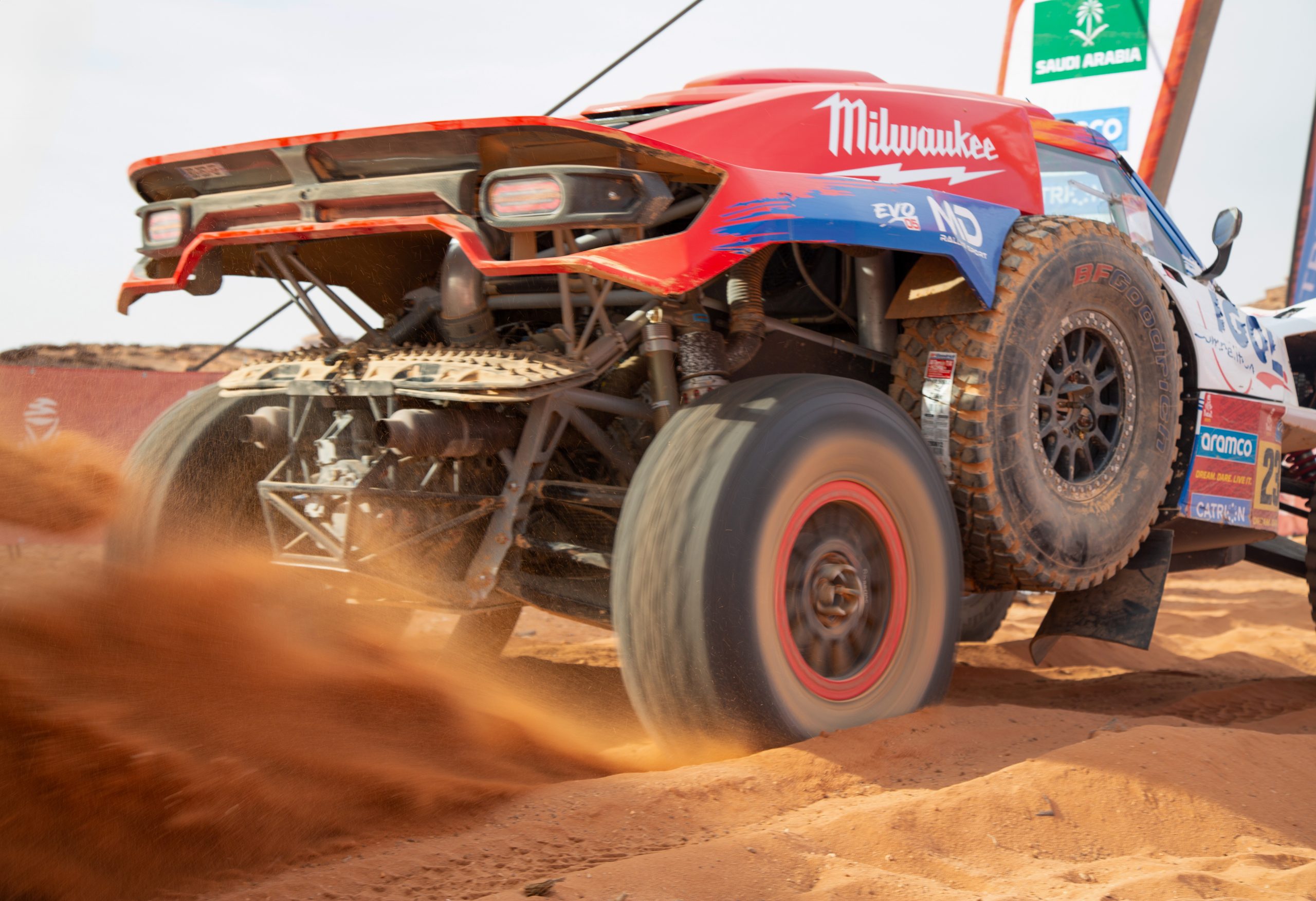

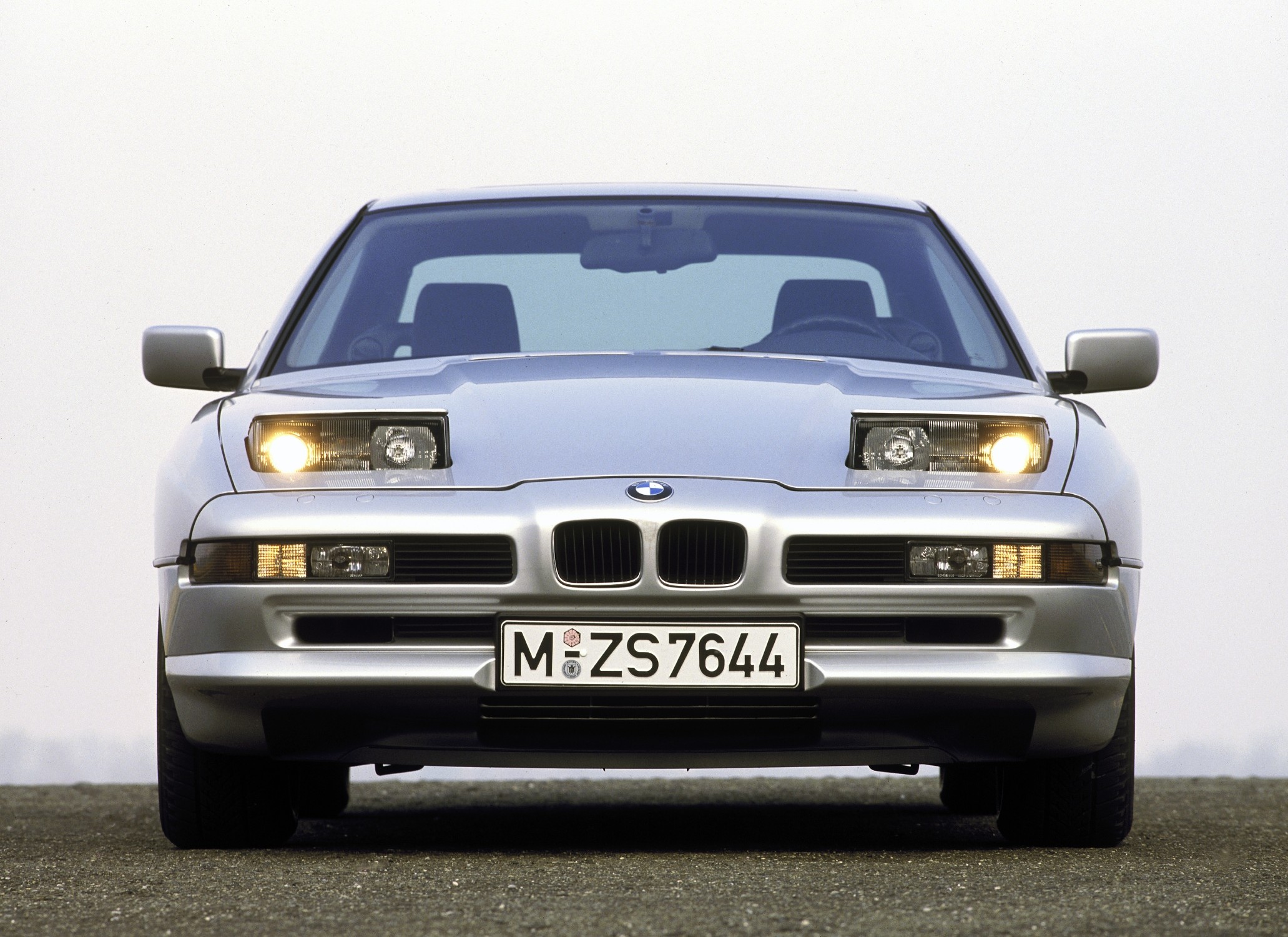
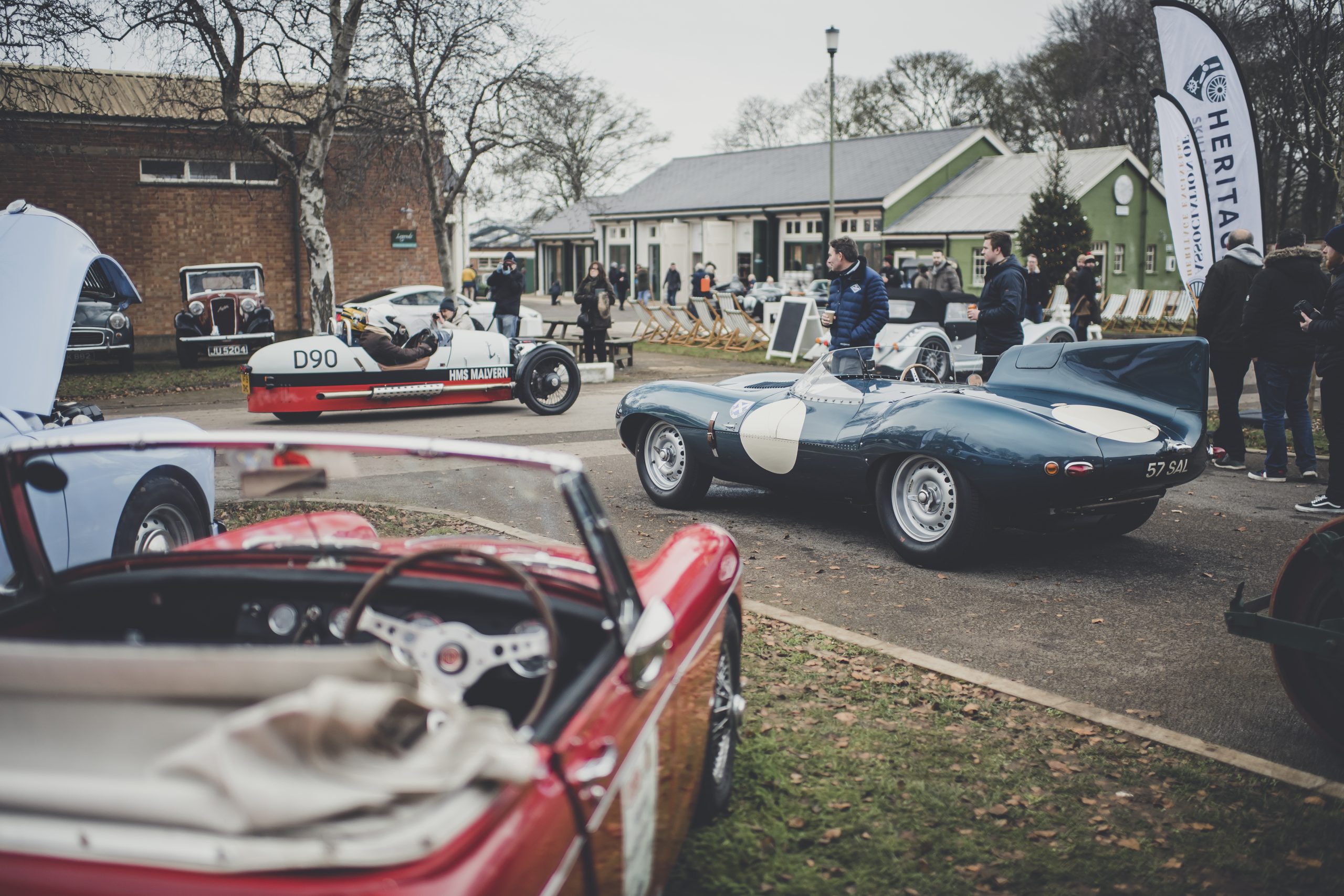
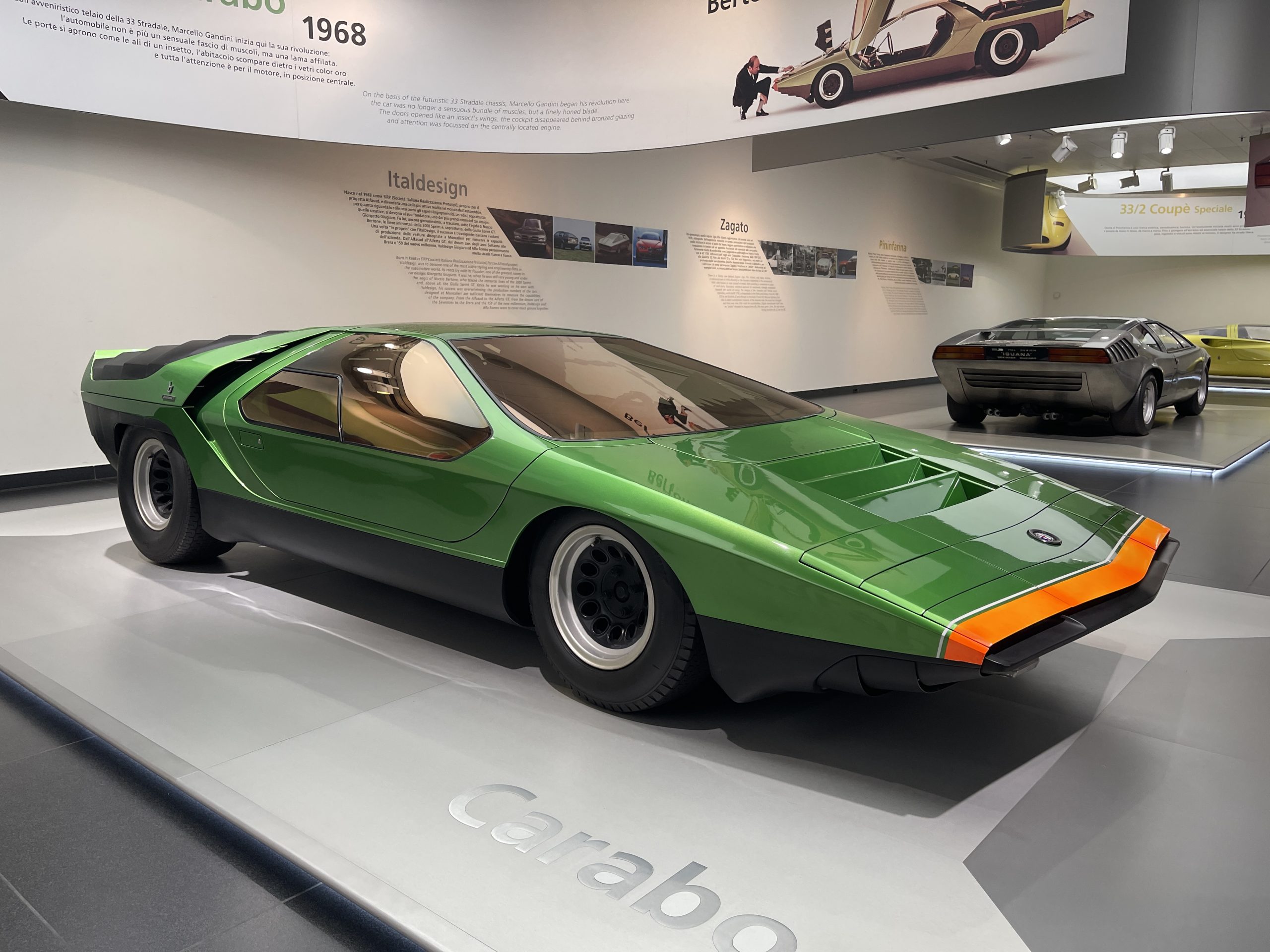
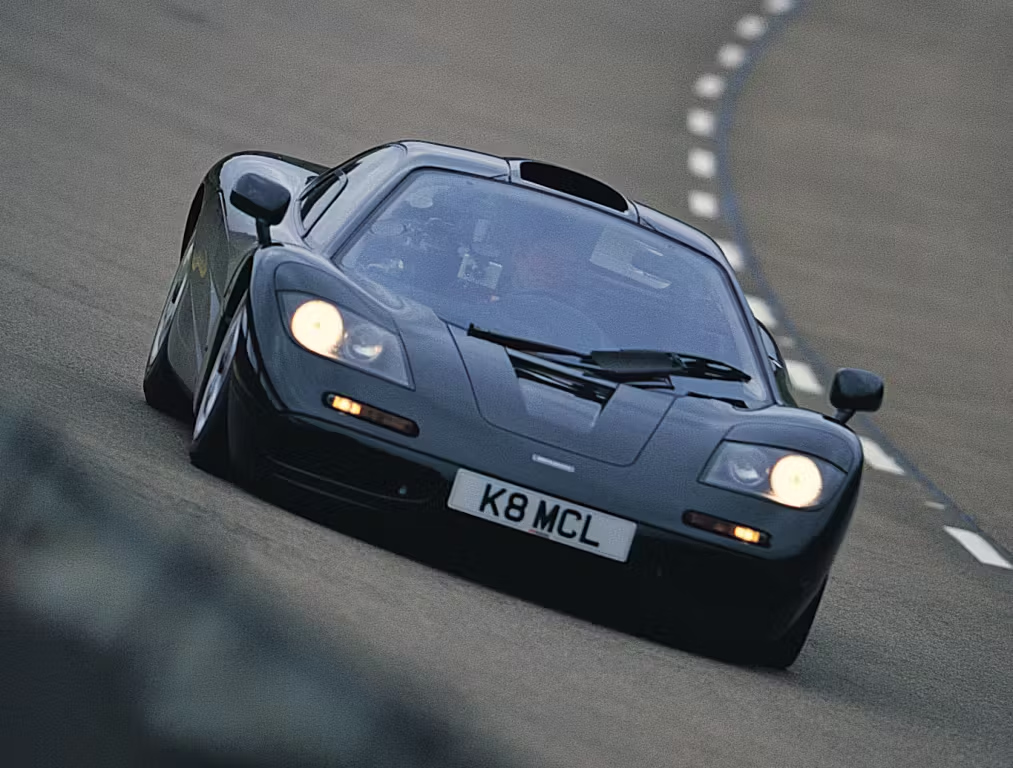

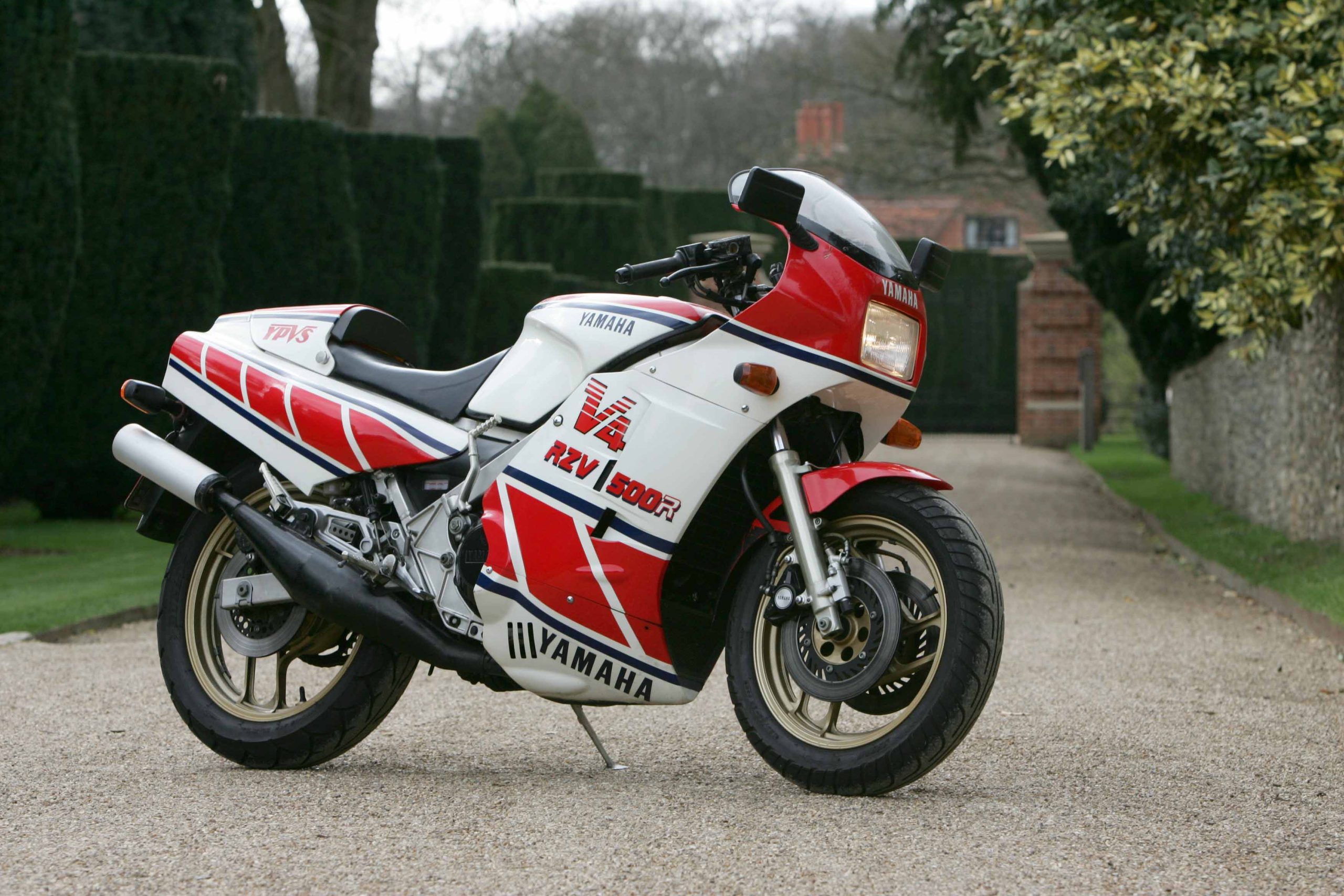
I thought trialing had finished, I’ll have to come to one